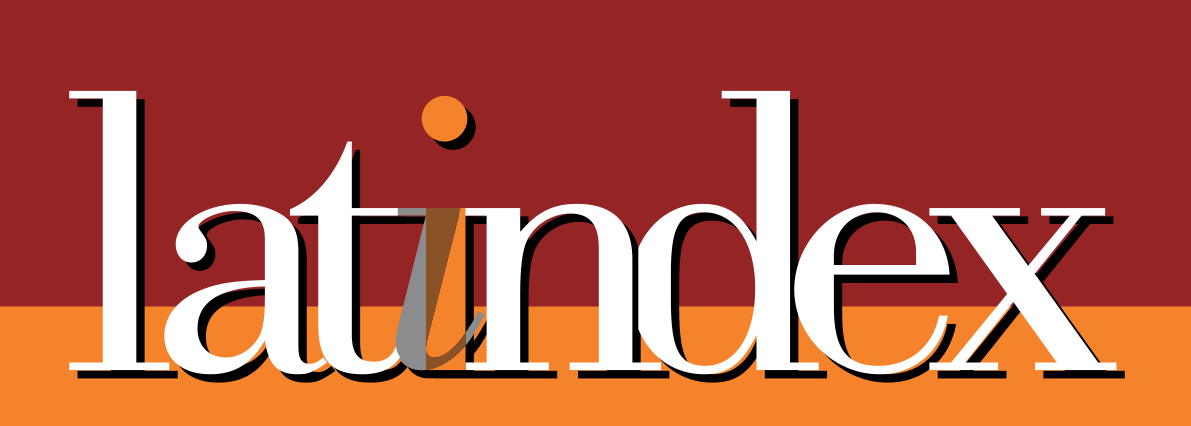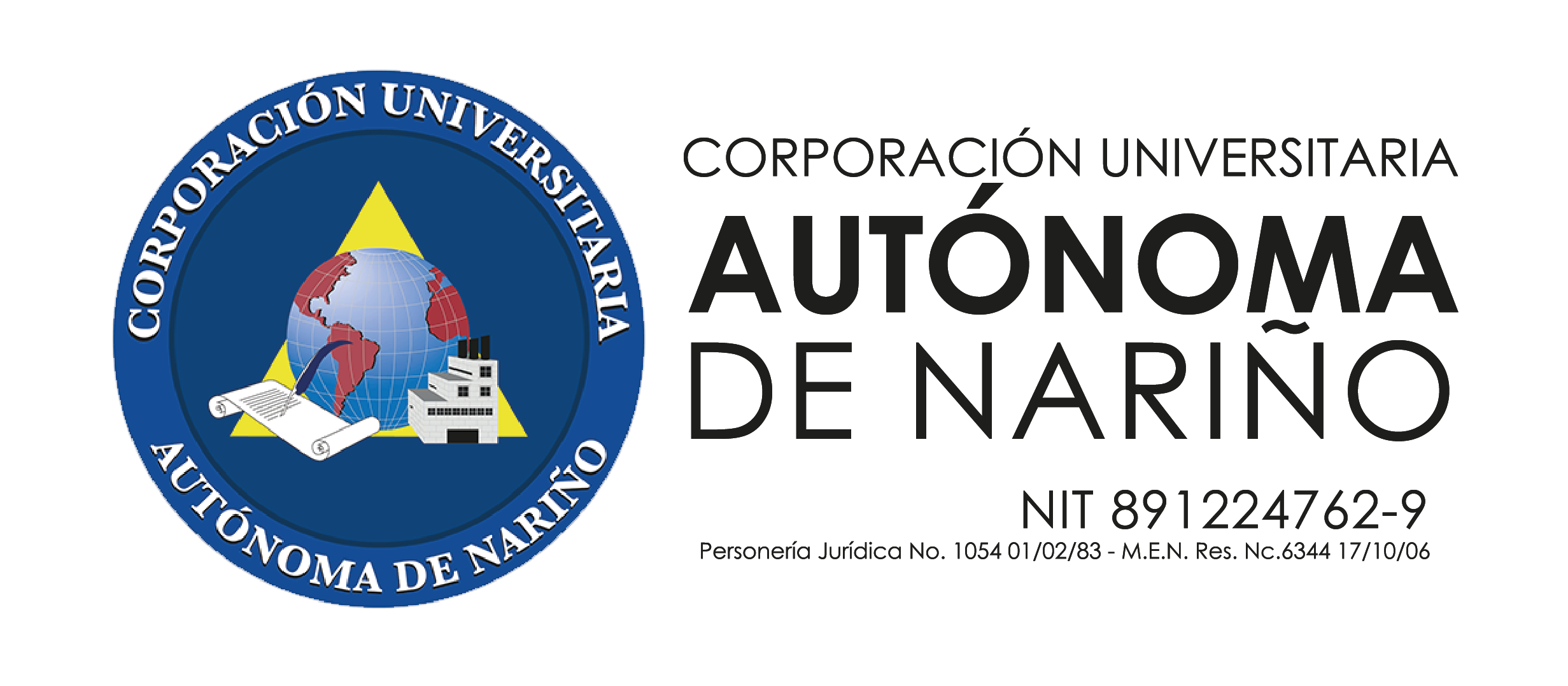Enrique Auvert, Venezuelan businessman and liberal thinker (1924-2005)
DOI:
https://doi.org/10.47666/summa.7.2.1Keywords:
Enrique Auvert, entrepreneurship, liberalism, democracy, VenezuelaAbstract
Enrique Auvert is a businessman and liberal thinker from Zulia who was a witness, actor and analyst of the national 20th century. He perceived the change from a poor and backward country to a modern nation. He observed the health, educational and cultural improvement of the population. He knew dictatorships but witnessed the birth, consolidation and crisis of representative democracy. He was also aware of the exhaustion of the economic model of import substitution industrialization and oil rentism as a mechanism to generate economic growth. He witnessed the crisis that arose in the mid-70s from which the country has not emerged today. Crisis not only economic but also social, political and ethical-moral. He made his contribution to solve it. The objective of the work is precisely to study the thoughts about the country of this Marabino businessman. The methodology is qualitative, documentary. Among the authors, his business and liberal peers, with whom he has many similarities, are: Henrique Pérez Dupuy, Joaquín Sánchez-Covisa, Hans Neumann and Nicomedes Zuloaga. Enrique Auvert defends economic and political freedom. Freedoms are in solidarity with each other. It is the conviction that to achieve development we have to go towards technological research applied to our industrial processes. Auvert believes in Latin American economic integration but a series of obstacles and difficulties must be overcome. Auvert is of the conviction that the company is not doing well if the community is doing poorly. Auvert promotes corporate social responsibility. He believes that a good example to get out of the national crisis is the Japanese model with its ideas around total quality.
Downloads
References
Arraiz Lucca, R. (2018) Eugenio Mendoza Goiticoa, empresario y buen ciudadano. ALFA.
Arraiz Lucca, R. Empresas Venezolanas. Nueve historias titánicas. ALFA.
Arraiz Lucca R. (2021) Pedro Tinoco: epicentro y cambio. Arte.
Auvert, E. (1993) Calidad total. Nueva doctrina económica y ética. Institución para el desarrollo de economías abiertas (IDEAS).
Auvert, E. (1988) Convocatoria al país para vencer la inflación. CEDICE.
Auvert, E. (1963) Democracia militante. Editorial Arte.
Auvert, E. (2019) El intervencionismo en el banquillo: la teoría de la elección pública. CEDICE.
Auvert, E. (1973) El Tercer Mundo ¿Estancamiento por siempre? Arte.
Auvert, E. (1975) E Tercer Mundo. Tecnología: talón de Aquiles. Arte.
Banko, C. ( 2007) Manuel Antonio Matos. Caracas: Biblioteca Biográfica Venezolana. El Nacional/ Fundación Banco del Caribe.
Briceño Fortique, F. (2023) La responsabilidad continúa. IESA.
Cáceres, A. (2018) Londres en Caracas y La Haya en Maracaibo. Retos empresariales de Royal Dutch Shell en la industria venezolana entre 1943-1958. Academia Nacional de la Historia/ Fundación Banco del Caribe.
Caldera Pietri, M. (1993) Para entender el subdesarrollo. Monte Ávila Editores Latinoamericana.
De Corso, G. (1995) Empresarios, política y economía: un ensayo sobre la crisis venezolana 1978-1995. Fondo Editorial Tropykos.
De Lima, B. (2002) Coro, fin de diáspora: Isaac A. Senior e hijo: redes comerciales y circuito exportador. Universidad central de Venezuela.
Fernández Gallardo, C. (2021) Democracia y Desarrollo. Fedecámaras.
González de Lucca, M. (1994) Los comerciantes de Caracas: cien años de acción y testimonio de la Cámara de Comercio de Caracas. Cámara de Comercio.
González de Lucca, M (2001) La responsabilidad social empresarial en perspectiva histórica venezolana. Lecturas, (35), 1-39.
González Gorrondona, J. (1993) Hacia una interpretación cabal del artículo 109 de la Constitución. Tomás Enrique Carrillo Batalla y Rafael Crazut. Análisis y ordenación de la obra económica de José Joaquín González Gorrondona, hijo. Caracas: Academia Nacional de Ciencias Económicas, T.I., 211-230.
González Gorrondona, J. (1993) Nuevas perspectivas para observar el desarrollo de Venezuela. Tomás Enrique Carrillo Batalla y Rafael J. Crazut. Análisis y ordenación de la obra económica de José Joaquín González Gorrondona, hijo. Caracas: Academia Nacional de Ciencias Económicas, T. I, 231-244.
Neumann, H. (1994) Un punto de vista. Editorial Textro; Publicaciones UCAB.
Pérez Dupuy, H. (1965) El mejor método de una economía liberal. Imprenta López.
Puente, J. y Rodríguez, J. (2020) Venezuela en la encrucijada. Radiografía de un colapso. IESA.
Quintero, N. (2013) Emprendedores exitosos que vinieron: 6 casos de estudio. Universidad Metropolitana.
Romero, A. (1987) La miseria del populismo. Mitos y realidades de la democracia en Venezuela. Ediciones Centauro.
Sánchez-Covisa, J. (1974) Economía, Mercado y Bienestar. Electricidad de Caracas.
Sánchez Silva, Enrique. (2006) Economía Empresarial. CEDICE.
Straka, T. (2018) El liberalismo venezolano y su historiografía. Presente y Pasado. Revista de Historia, 23(46), 125-159.
Straka, T. (2015) Historia empresarial: lo hecho y lo que queda por hacer. Debates IESA, 20 (1), 88-89.
Zuloaga Mosquera, N. (2001) Política en pretérito. 40 años de posición ideológica. Panapo.
Downloads
Published
How to Cite
Issue
Section
License
Copyright (c) 2025 SUMMA

This work is licensed under a Creative Commons Attribution-NonCommercial-NoDerivatives 4.0 International License.








